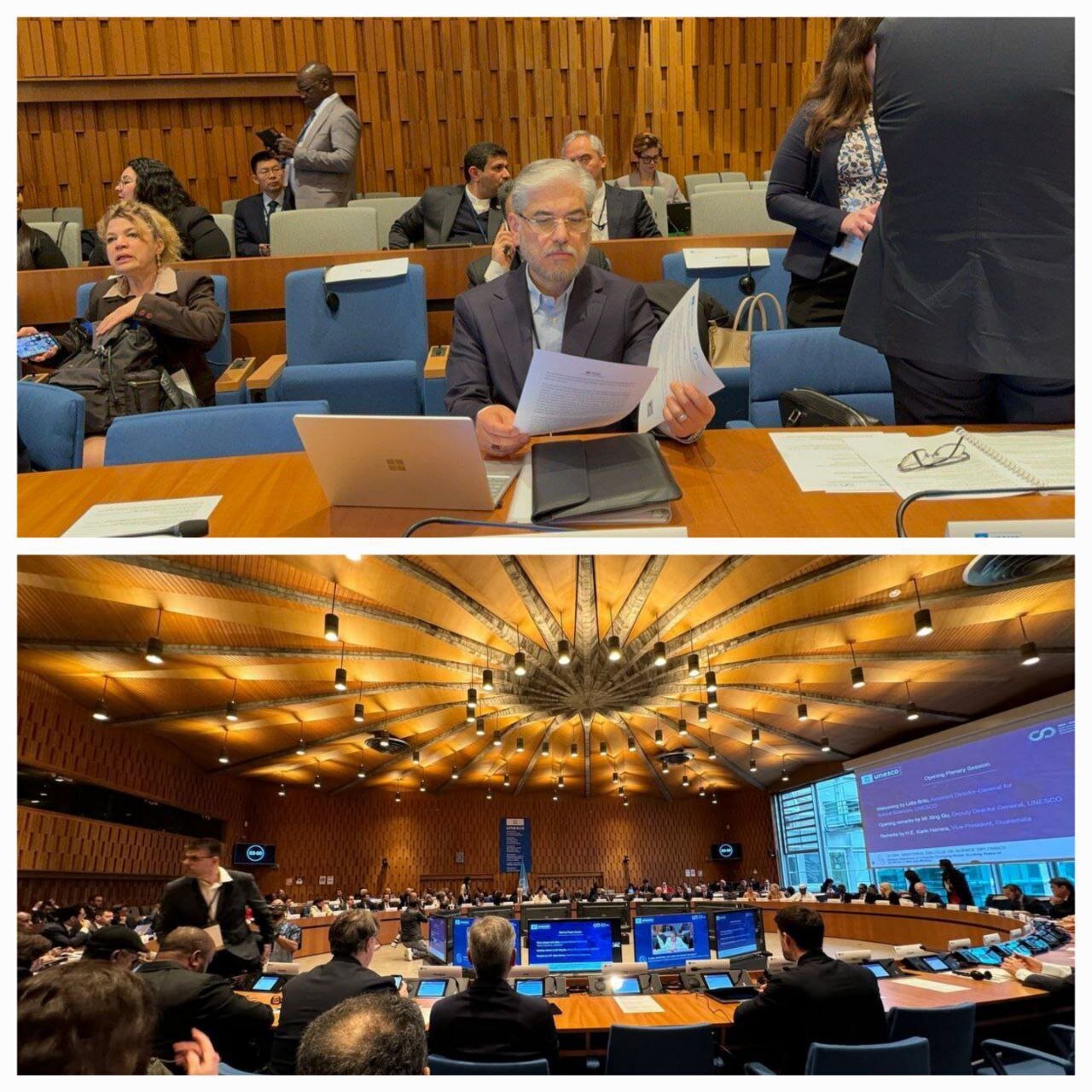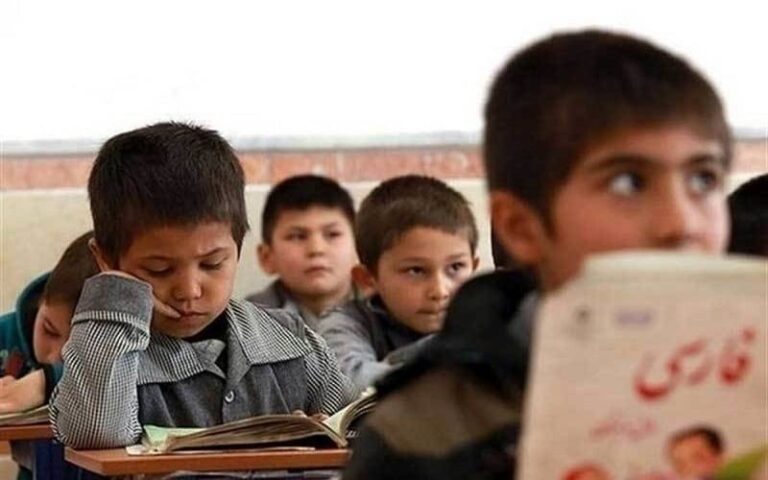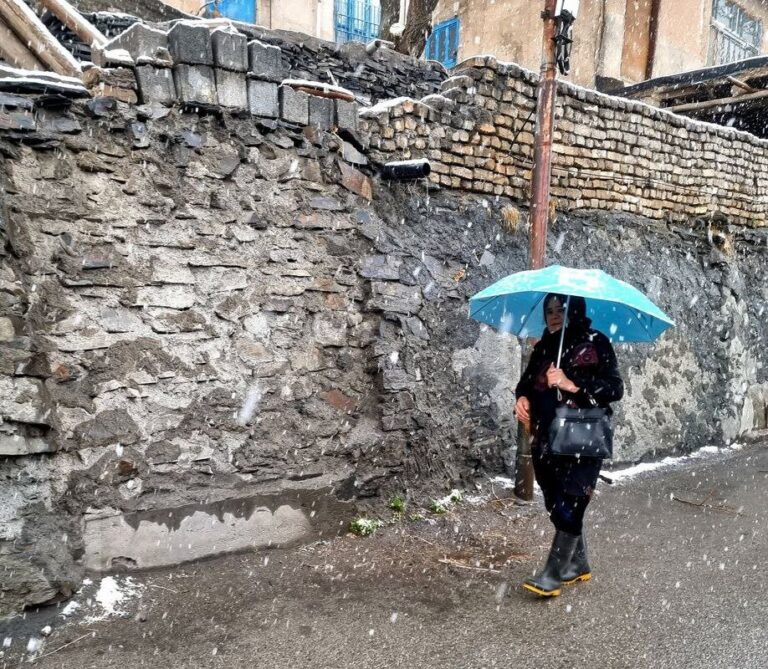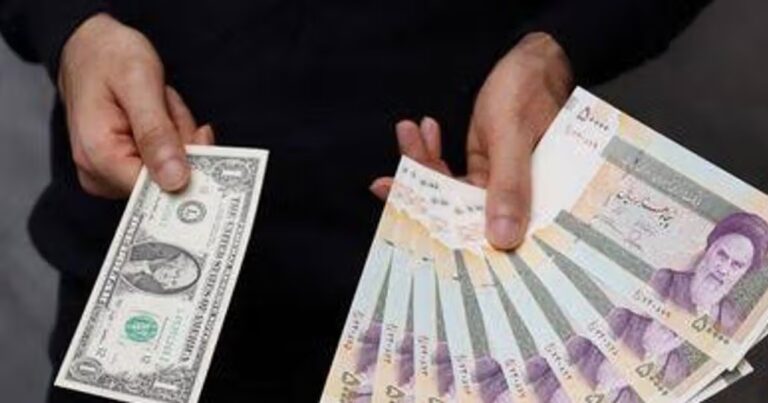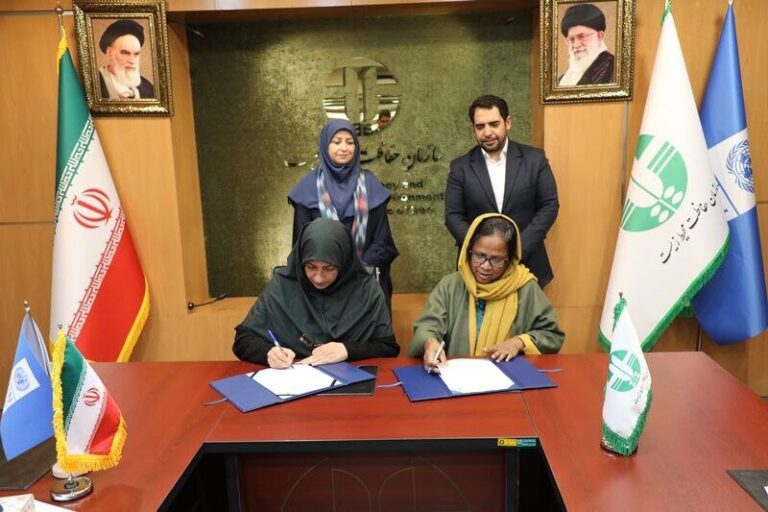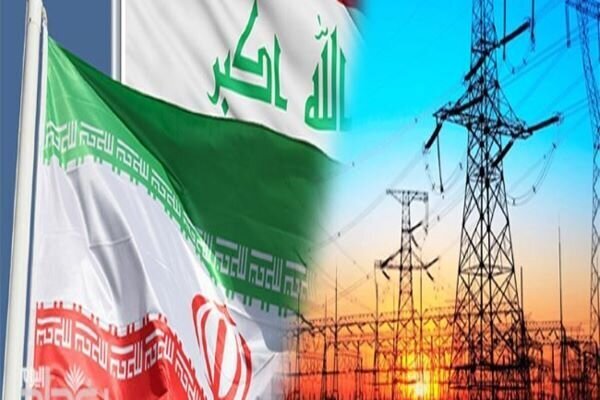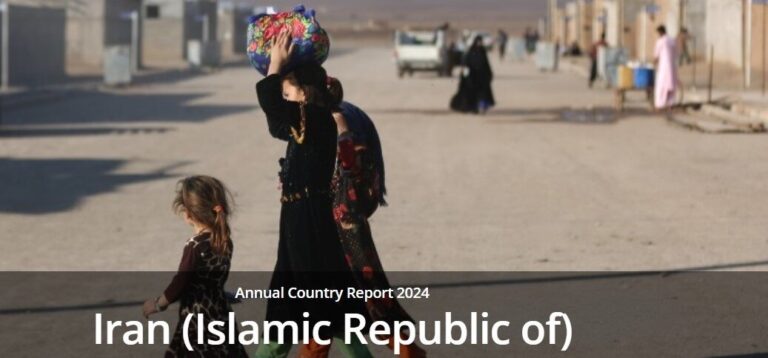Science Minister Highlights Contradictions of Sanctions with UNESCO’s Open Access Policy
In a recent address, Iranian Science Minister Hossein Simaei-Sarraf criticized the sanctions affecting the country’s science sector, asserting that these measures contradict UNESCO’s Open Access Policy. His remarks came during the Global Ministerial Dialogue on Science Diplomacy, which took place at the UNESCO Headquarters in Paris, France, on March 25 and 26.
During this two-day event, themed ‘Science Diplomacy in a Rapidly Changing World: Building Peace in the Minds of Men and Women’, Simaei-Sarraf articulated Iran’s perspectives on modern science diplomacy. He emphasized the importance of addressing the challenges of the 21st century through collaborative scientific efforts.
Key points raised by the minister included:
- Legal Validity of Sanctions: Simaei-Sarraf stated that according to Resolution 2231 of the Security Council, imposing sanctions on scientific activities lacks legal foundation.
- Role of Science Diplomacy: He discussed how science diplomacy can enhance security in scientific endeavors and promote open access to research.
- Cooperation on Emerging Technologies: The minister highlighted the necessity of fostering equitable partnerships for the responsible development and use of new technologies.
Aside from his keynote speech, Simaei-Sarraf engaged in numerous discussions with high-ranking officials from UNESCO. He held meetings with:
- Xing Qu, Deputy Director-General
- Lidia Arthur Brito, Assistant Director-General for Natural Science
- Stefania Giannini, Assistant Director-General for Education
- Firmin Edouard Matoko, Assistant Director-General for External Relations
In addition, he met with science ministers from Sri Lanka and Colombia, as well as deputy science ministers from Iraq and Switzerland. These discussions aimed to enhance international collaboration in the field of science.
During a gathering with Iranian professors based in France and Germany, Simaei-Sarraf extended an invitation for them to contribute to strengthening scientific collaborations with Iran. He stressed the importance of revising laws and addressing existing gaps to fully leverage the scientific expertise of Iranians living abroad.
As a result of these discussions, it was agreed that 20 prominent Iranian professors residing in Europe would travel back to Iran this summer. They are expected to deliver lectures and conduct workshops focusing on various fields, including:
- Artificial Intelligence
- Renewable Energy
The Global Ministerial Dialogue on Science Diplomacy is part of the International Decade of Sciences for Sustainable Development. Its primary goal is to enhance international discourse aimed at establishing a new global framework for science diplomacy that addresses contemporary societal needs.
The dialogue focuses on several objectives, such as:
- Fostering high-level commitment to science diplomacy as a means of promoting dialogue and peace.
- Exploring innovative science diplomacy initiatives through exchanges among ministers, scientists, diplomats, and experts to contribute to peacebuilding and human rights protection.
- Agreeing on a common framework to advance shared goals through science diplomacy.
- Highlighting ongoing initiatives and opportunities in the realm of science diplomacy.
By addressing these issues, the Global Ministerial Dialogue aims to pave the way for more effective international collaboration in science, ultimately fostering a peaceful and sustainable global community.
In conclusion, Simaei-Sarraf’s statements reflect Iran’s commitment to advancing science despite international challenges. The emphasis on cooperation and openness in scientific research is crucial for the development of innovative technologies and solutions that benefit society as a whole.
